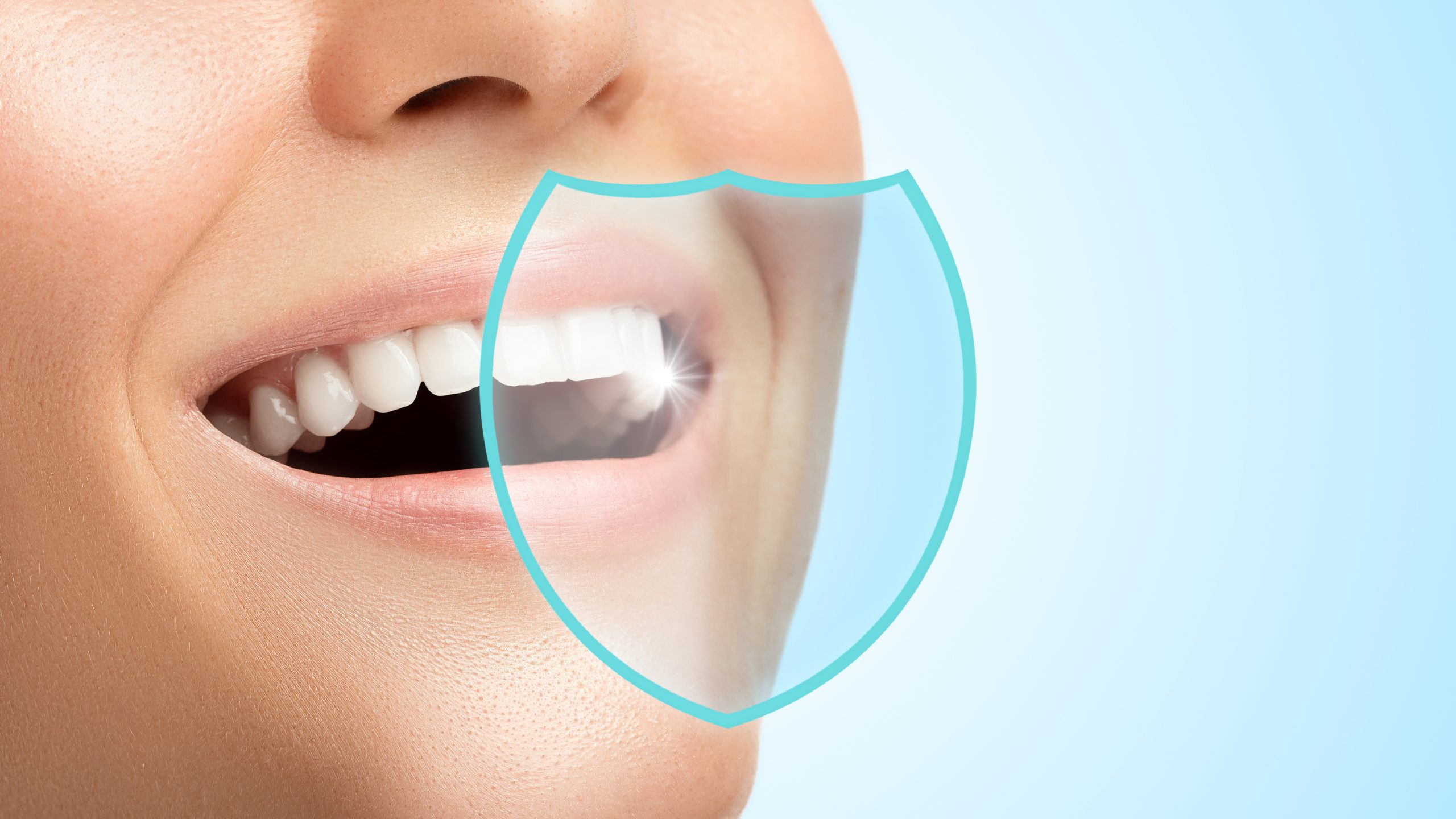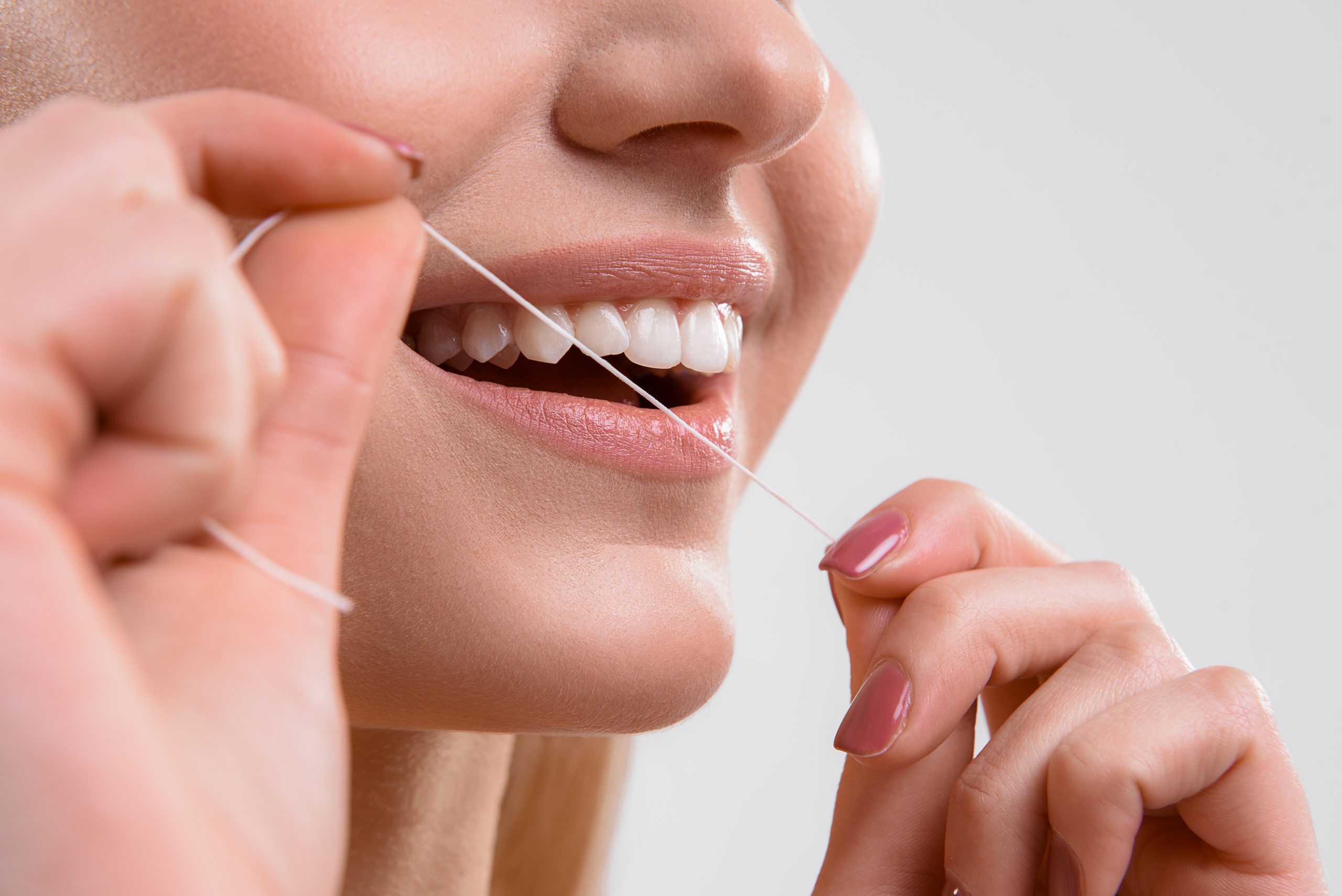When it comes to maintaining good dental health, we often focus on brushing, flossing, and regular dental check-ups. However, one crucial aspect that is sometimes overlooked is hydration. Staying hydrated plays a vital role in supporting oral health and preventing dental problems. In this article, we will explore the role of hydration in dental health and the importance of staying properly hydrated for a healthy smile.
- Saliva Production: Adequate hydration is essential for the production of saliva, which is crucial for oral health. Saliva helps wash away food particles, neutralize acids, and protect the teeth and gums against harmful bacteria. Insufficient hydration can lead to dry mouth, a condition known as xerostomia, which can contribute to tooth decay, bad breath, and oral infections.
- Acid Neutralization: Drinking water helps maintain the proper pH balance in the mouth. When we consume foods and beverages, especially those that are acidic or high in sugar, the bacteria in our mouths produce acids that can erode tooth enamel and lead to cavities. Drinking water helps dilute these acids and wash them away, minimizing the risk of enamel erosion and tooth decay.
- Preventing Dry Mouth: As mentioned earlier, dehydration can cause dry mouth, a condition in which the salivary glands do not produce enough saliva. Dry mouth not only increases the risk of tooth decay and gum disease but can also lead to discomfort, difficulty speaking and swallowing, and an altered sense of taste. Staying hydrated ensures sufficient saliva production, promoting overall oral health and preventing dry mouth.
- Gum Health: Proper hydration is crucial for maintaining healthy gums. Gum tissues require adequate moisture to stay supple and resilient. Insufficient hydration can lead to dry, inflamed gums, increasing the risk of gum disease. Drinking water helps keep the gums hydrated and promotes healthy blood circulation, reducing the likelihood of gum problems.
- Tooth Sensitivity: Dehydration can exacerbate tooth sensitivity. When the body is dehydrated, it can cause a decrease in saliva production, leaving the tooth roots exposed and vulnerable to temperature changes and external stimuli. This can result in increased tooth sensitivity and discomfort. By staying properly hydrated, individuals can help alleviate tooth sensitivity and protect their teeth.
- Oral Detoxification: Drinking water helps flush out toxins and bacteria from the mouth, promoting oral detoxification. Water rinses away food particles, bacteria, and debris that may accumulate on the teeth and gums. This reduces the risk of plaque formation, tartar buildup, and bacterial growth, contributing to improved oral hygiene and fresher breath.
- Acidic Beverage Neutralization: Hydration is particularly important after consuming acidic or sugary beverages, such as sodas, sports drinks, and fruit juices. These beverages can erode tooth enamel and increase the risk of cavities. Drinking water immediately after consuming such beverages helps neutralize acids, wash away sugars, and minimize their damaging effects on the teeth.
- Tooth Enamel Protection: Water is the best beverage choice for maintaining tooth enamel health. Unlike sugary or acidic drinks, water is neutral and does not contribute to tooth erosion. Choosing water as the main hydration source and limiting the consumption of sugary or acidic beverages helps protect tooth enamel, preventing dental problems and maintaining a bright smile.
- Overall Health Connection: Dental health is closely linked to overall health. Chronic dehydration can have systemic effects, impacting various bodily functions, including oral health. By prioritizing hydration and drinking an adequate amount of water daily, individuals support their overall well-being, including their dental health.
- Hydration Habits: Developing good hydration habits is essential for dental health. Drinking water throughout the day, especially after meals,












